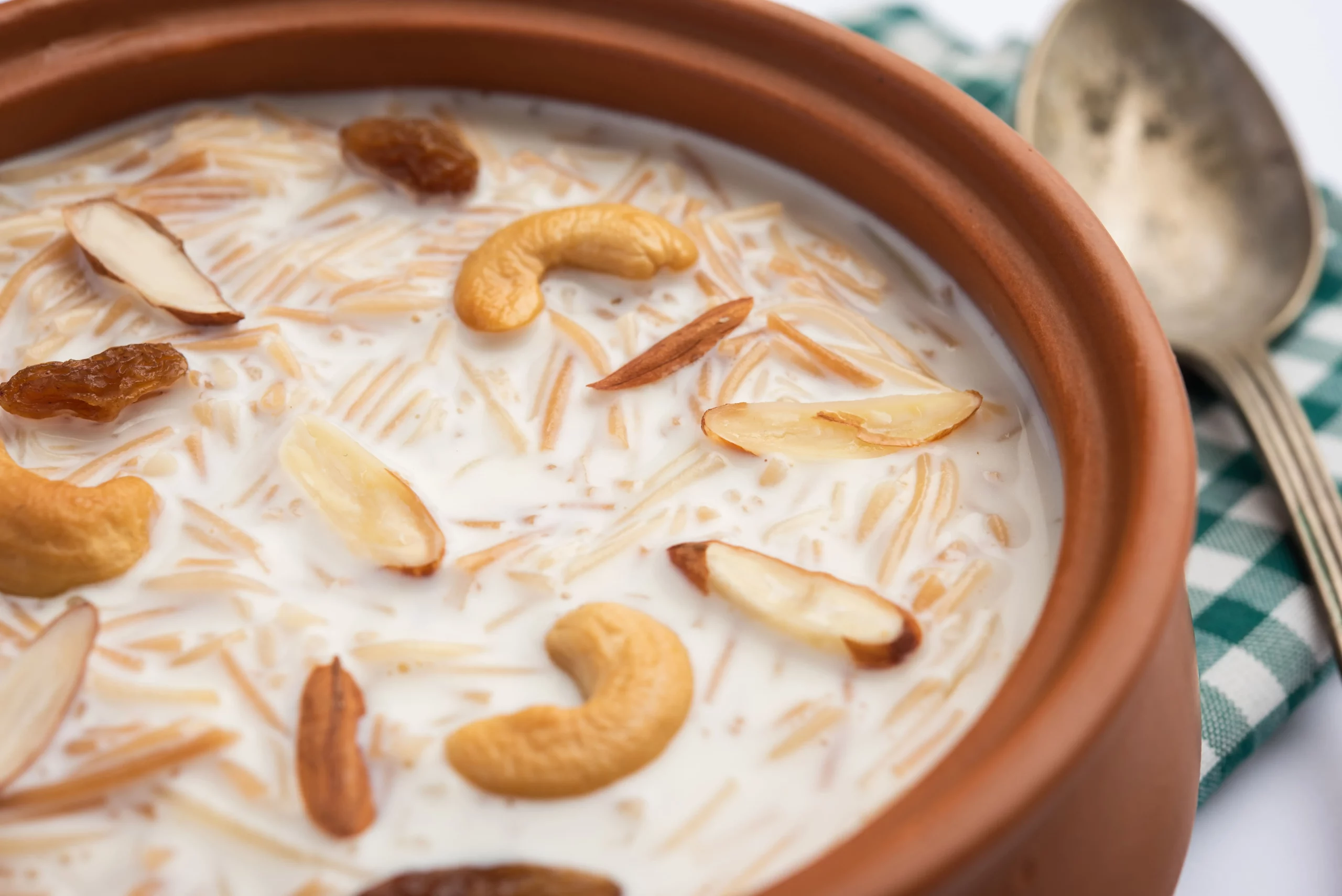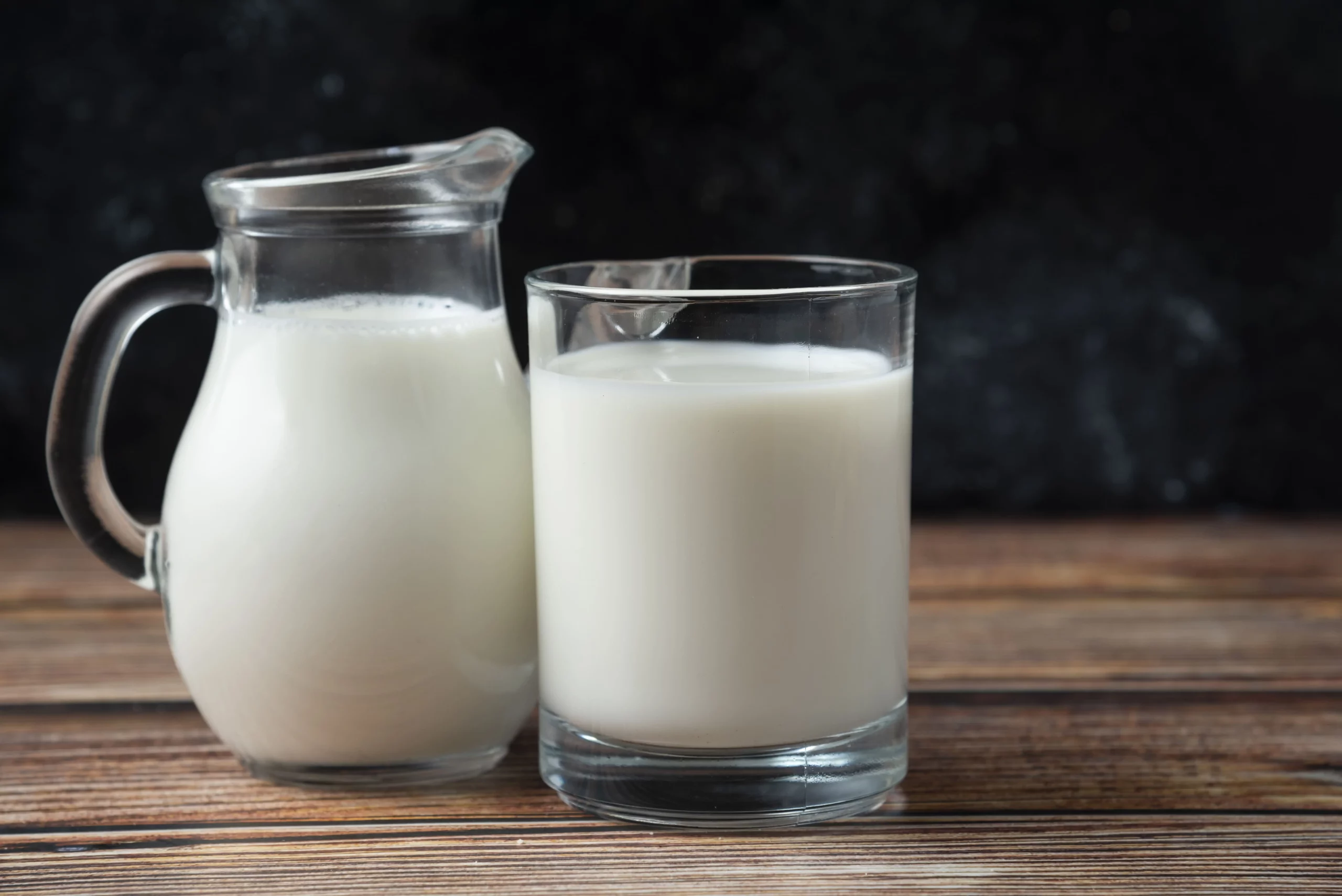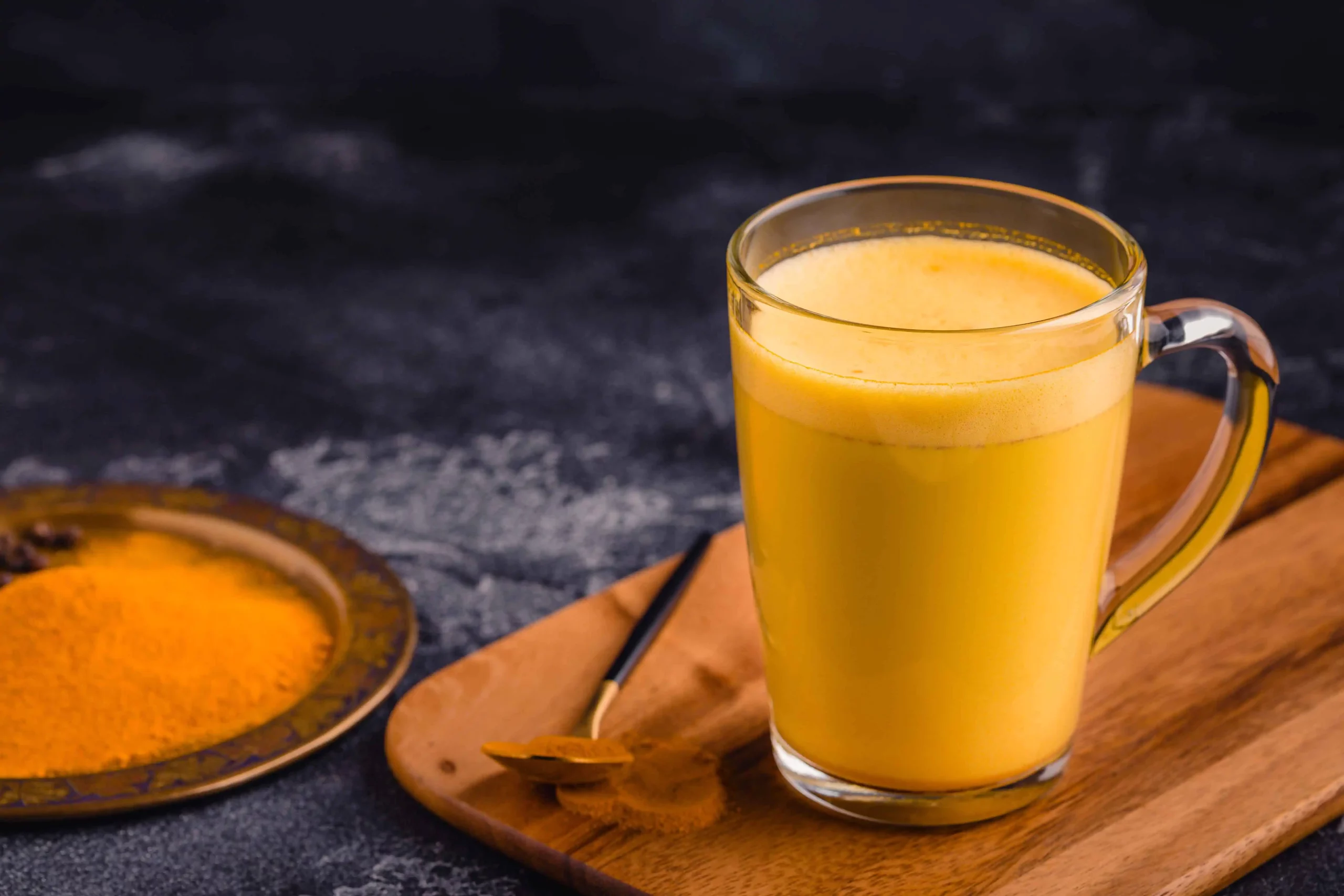Milk is nature’s gift to mankind. It is a rich source of calcium, protein, and other essential nutrients that are vital for our health and well-being. However, milk is also a perishable food that can easily become contaminated with harmful bacteria. This is where pasteurization comes into picture.
What is Pasteurization?
Pasteurization is a process of heating milk to a specific temperature for a specific time to kill harmful bacteria. This process was invented by Louis Pasteur in 1864 and has since become a critical food safety measure around the world.
How does pasteurization safeguard milk’s nutritional power?
Pasteurization is a gentle process that does not significantly affect the nutritional value of milk. In fact, it can actually help to preserve some of the desi milk’s nutrients. For example, pasteurization can help to preserve vitamin B12, which is important for nerve function.
Let’s have a look at some of the key benefits of pasteurization:
- Kills harmful bacteria – Pasteurization kills harmful bacteria, such as E. coli, Salmonella, and Listeria, which can cause serious foodborne illnesses.
- Preserves the nutritional value of milk – Pasteurization does not significantly affect the nutritional value of milk.
- Increases the shelf life of milk – Pasteurized milk has a longer shelf life than unpasteurized milk. This is because pasteurization slows down the growth of bacteria that can spoil milk. But the best farm fresh milk products.
- Makes milk safe for everyone – Pasteurized milk is safe for everyone to drink, including pregnant women, young children, and older adults.
What are some common myths about pasteurization?
There are a number of myths about pasteurization that are not true. Here are a few of the most common myths:
- Myth: Pasteurization destroys all of the nutrients in milk.
- Fact: Pasteurization does not significantly affect the nutritional value of milk.
- Myth: Pasteurized milk is not as healthy as unpasteurized milk.
- Fact: Pasteurized milk is just as healthy as unpasteurized milk.
- Myth: Pasteurization makes milk taste bad.
- Fact: Pasteurization does not affect the taste of milk.
Pasteurization is a safe and effective way to ensure that milk is safe to drink. It does not significantly affect the nutritional value of milk and it can actually help to preserve some of the milk’s nutrients. So next time you reach for a glass of milk, be sure to choose pasteurized milk for the best in safety and nutrition.
Did you know these additional tips for enjoying milk?
- Choose milk that is fortified with vitamin D. Vitamin D is important for bone health and it is not naturally found in milk.
- Eat a variety of dairy foods to get all of the nutrients that you need. Dairy foods are a good source of calcium, protein, and vitamin B12.
- Enjoy milk in moderation. Milk is a healthy food, but it is high in calories and fat. So, it is important to enjoy it in moderation.
Pravarsha Dairy and Pasteurization!
Pravarsha Dairy is committed to providing fresh, safe, and high-quality milk products. We use a modern pasteurization process to ensure that our milk is free of harmful bacteria. This process heats the milk to a high temperature for a short period of time, which kills any harmful bacteria that may be present. This helps to protect consumers from foodborne illness and makes Pravarsha Dairy’s milk a safe and healthy choice for families. In addition to pasteurization, Pravarsha Dairy also takes other steps to ensure the quality of our milk. We source milk from our own farm. This helps to keep the milk fresh and prevents contamination. Pravarsha Dairy’s commitment to quality has earned us a loyal following in India. We are known for our delicious and nutritious milk products, which are enjoyed by people of all ages. Buy the best pasteurized toned milk.





